- Team PR
- October 18, 2020
Ignitarium Launches Audio AI platform
We are proud to announce the launch of our new Audio AI platform, SeptraTM. The platform implements auditory deep learning algorithms to deliver ultra-optimized voice and sound analytics solutions on highly constrained edge devices. Cost-sensitive audio applications like off-line voice recognition, noise suppression or sound effect classification are now being implemented on memory and compute-limited hardware such as micro-controllers.
The demand for voice as a human-machine interface has increased in consumer, industrial, automotive and even medical applications. And considering critical factors like cost, privacy and security, it becomes all the more important to enable audio analysis technology on edge devices with complete local processing. An intelligent combination of audio signal processing algorithms with neural networks is required to implement such technology on memory and compute constrained hardware platforms.
Over the last few years, Ignitarium has worked on building AI solutions targeting GPU, FPGA, SoC, MCU and other hardware platforms, and has developed a deep understanding of complex neural network architectures. According to Sujeeth Joseph, Chief Product Officer at Ignitarium, “The Septra platform is a confluence of two areas where Ignitarium has been historically very strong in – the ability to custom design advanced neural nets and the capability to exploit the capabilities of constrained hardware devices at a very fine grained level. Septra combines the best of Deep Learning and DSP techniques to implement critical software IP components like Voice Command Recognition (VCR), Real Time Noise Suppression (RNS) and Sound Effect Classification (SEC). These components are optimized to run on Micro-controller and DSP hardware utilizing low compute (a few tens of MHz) and low RAM footprint (a few tens of KB). Through our partnerships with key Tier-1 semiconductor companies, we are rolling out deployments with our lead customers in India and APAC, in applications ranging from home appliance control, industrial data logging and consumer entertainment.”

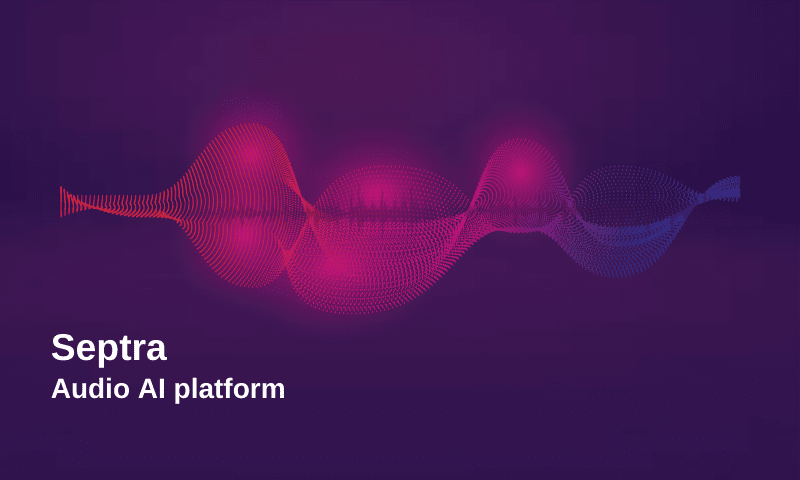


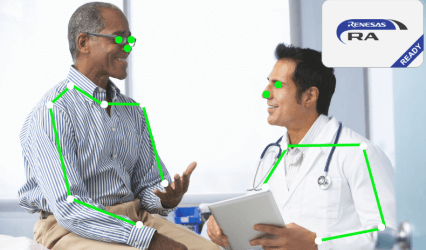
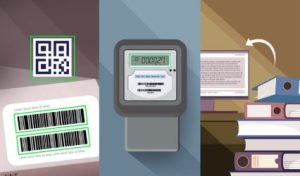
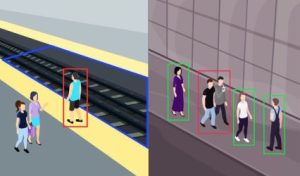



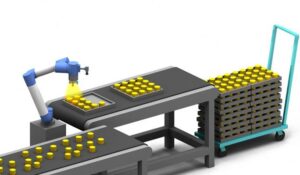






















Comments are closed.